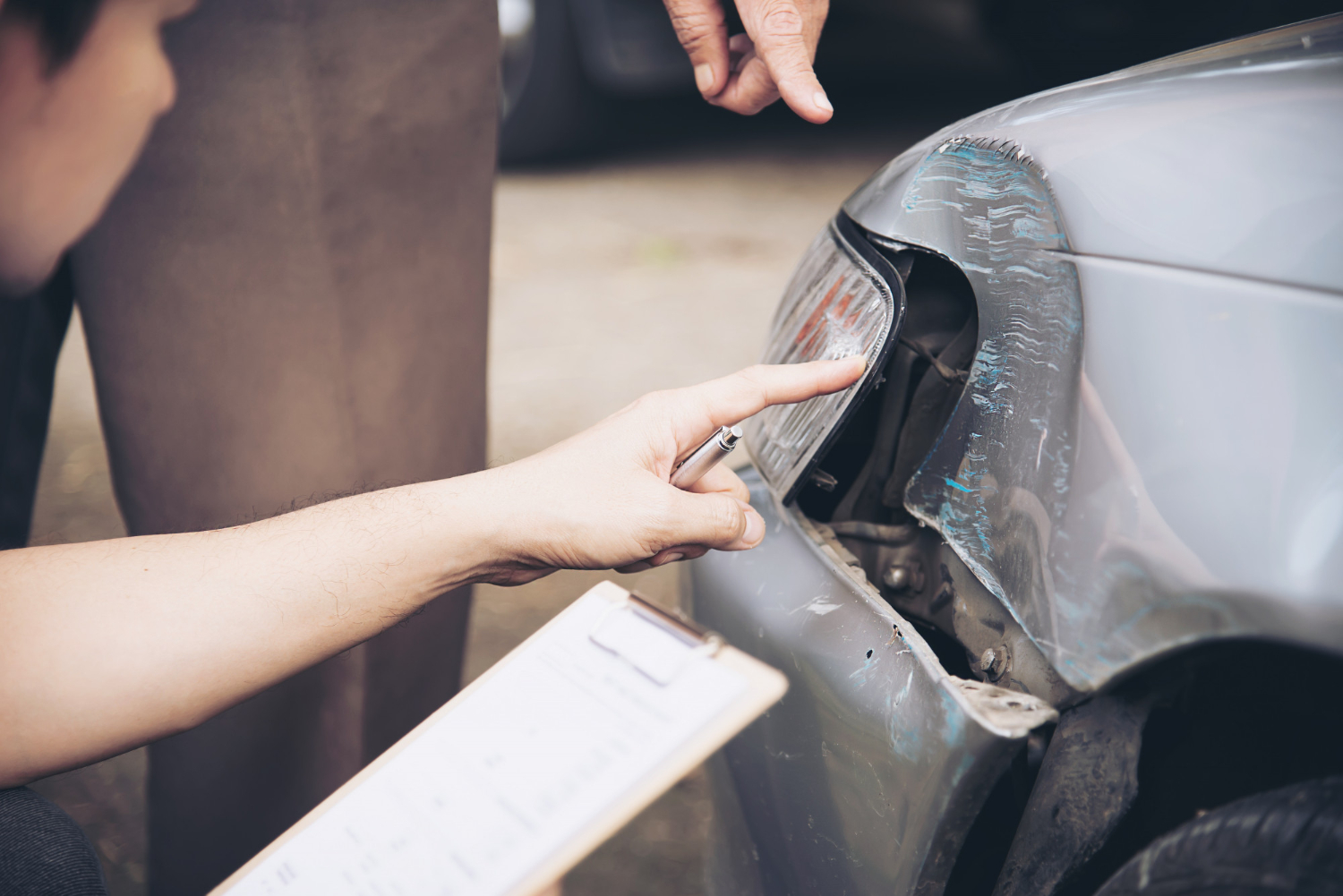Metal Insurance: A Comprehensive Guide to Safeguarding Your Precious Investments
In today’s volatile financial landscape, safeguarding your investments is paramount. Precious metals like gold, silver, platinum, and palladium have long been favored for their stability and potential to hedge against inflation. While these assets offer considerable value, they also come with risks—primarily theft, loss, and damage. This is where metal insurance comes into play.
Metal insurance provides specialized coverage for individuals and businesses holding precious metals, ensuring that their valuable assets are protected from unforeseen events. In this article, we’ll delve into the importance of metal insurance, how it works, and key considerations for choosing the right policy.
What Is Metal Insurance?
Metal insurance is a type of specialized insurance designed to protect precious metal investments from a variety of risks. These may include physical theft, damage, loss during transit, and even certain types of natural disasters like fires or floods. The insurance applies whether your metals are stored at home, in a bank vault, or in a specialized storage facility.
Why You Need Metal Insurance
-
Protection Against Theft: Precious metals are valuable and easily portable, making them a prime target for theft. Metal insurance ensures that if your metals are stolen, you will be compensated for their value.
-
Loss or Damage: Transporting or storing metals comes with the risk of accidental loss or damage. Insuring these assets guarantees that in the event of such occurrences, you won’t suffer financially.
-
Market Fluctuations: Precious metal prices can fluctuate significantly. A good insurance policy will ensure that you’re compensated based on the current market value at the time of the claim.
-
Natural Disasters: Events like fires, floods, or earthquakes could destroy or damage your metal holdings. Metal insurance often covers these events, ensuring that you won’t be left without compensation.
Types of Metal Insurance
-
Homeowner’s Rider: Some homeowner’s insurance policies offer an add-on (rider) for precious metals. While this may be an easy solution, it often provides limited coverage that may not fully protect large holdings.
-
Stand-Alone Metal Insurance: This is a more comprehensive option, providing broader coverage specifically tailored for precious metals. It typically offers higher limits and more specialized terms, which is essential for individuals or businesses with significant holdings.
-
Vault Insurance: If your precious metals are stored in a bank or specialized vault, those facilities often carry insurance. However, the coverage may not be sufficient for all your needs. You might need to purchase additional coverage depending on the value of your holdings.
What Metal Insurance Covers
- Theft: Whether stolen from your home, business, or during transit, most policies cover theft.
- Loss: This includes accidental loss, such as during transportation or handling.
- Damage: Damage due to mishandling, accidents, or natural disasters like floods, fires, and earthquakes.
- Transit: If you’re moving your precious metals, either locally or internationally, transit coverage protects against loss or damage during shipment.
- Market Value Coverage: Some policies include compensation based on the market value of the metal at the time of the loss rather than the purchase price.
Key Considerations When Choosing Metal Insurance
-
Coverage Limits: Ensure the policy’s coverage limits are sufficient to protect the full value of your metal holdings.
-
Deductibles: Higher deductibles typically mean lower premiums, but they also require you to cover a greater portion of the loss. Balance deductibles with the value of your holdings.
-
Replacement Value: Look for policies that offer compensation based on current market value rather than the value when the policy was taken out.
-
Storage Requirements: Some insurers may require you to store your metals in specific vaults or secure locations to be eligible for coverage.
-
Geographical Coverage: If you plan to transport your metals internationally, ensure that your policy covers losses outside your home country.
How Much Does Metal Insurance Cost?
The cost of metal insurance varies based on several factors:
- The value of the metals: Higher value holdings naturally attract higher premiums.
- Storage location: Storing metals in a bank or specialized vault may reduce your premiums compared to home storage.
- Geographic location: Your residence or business location may affect the cost, especially if it is prone to natural disasters or has a high crime rate.
- Policy terms: Longer policy durations or higher deductibles can lower the premium.
On average, premiums can range from 0.2% to 0.5% of the metal’s value annually.
Conclusion
Precious metals have long been a reliable form of wealth preservation, but like any investment, they are not without risk. Metal insurance provides peace of mind by ensuring that your gold, silver, or other precious metals are protected from theft, loss, and damage. By carefully evaluating your holdings and the coverage options available, you can select a policy that meets your specific needs and safeguards your investments for the future.
If you hold precious metals, consider reaching out to a specialized insurance provider to discuss your options for metal insurance.
